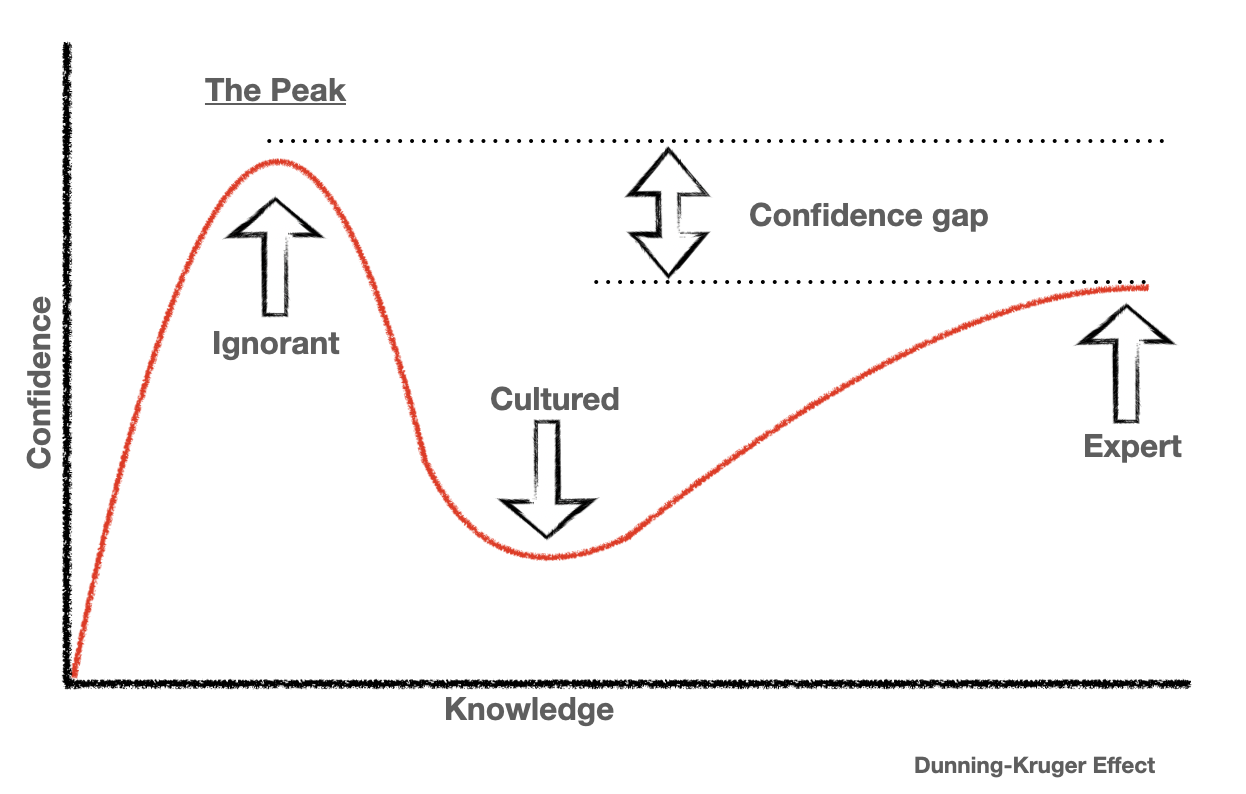Currently, the UK is severely affected by Covid-19 and its death toll is the highest in Europe.
The government’s hands are full. Not only do they have to convince the nation that this new way of life will need to be adhered to for months to come, but they also need to create a solid exit strategy, support a strained health system and deal with the mood and outcome of a suffering economy for years to come.
Despite a global health crisis, the Brexit negotiations continue.
With everything going on, it came as a surprise, when David Frost, Britain’s chief Brexit negotiator, tweeted on April the 16th, that the Covid-19 pandemic had not changed the UK’s position on extending the transition period. He was joined by the Chancellor of the Exchequer Rishi Sunak, who underlined at the Daily UK Press Conference, that the government was keeping on track with its current timetable for trade talks with the EU.
Why we should extend
The transition phase was seen as an opportunity to work out an effective trade deal with the EU. This means access to the European market and its trading partners until the 31st of December. Before Covid-19, Prime Minister Boris Johnson often announced that rather than passing legislation that would allow extending the transition period by one or two more years, the UK would leave before 2021 whether a good deal was worked out or not.
However, until the 30th of June, the United Kingdom can still decide otherwise. And it should.
Recent findings suggest that World Trade will fall by 32% in 2020, especially in sectors dependent on supply chains, and the IMF sees the great lockdown recession as the worst since the Depression. British businesses are under great pressure, experiencing an economic downturn like never before, for which even the bailouts provided for by the government are not sufficient. Furthermore, the IMF predicts a 6.5% drop in Britain’s GDP, and the Office of Budget Responsibility fears that the economy could shrink by 35% in the second quarter of 2020.
The government itself has to pump more money into the economy than ever before, and cannot afford to lose any more. However, this is exactly what will happen if the UK does not manage to agree on a constructive EU deal in such a short period, which is almost impossible.
A tedious and tricky negotiation process
The UK already had to cancel two out of five negotiation meetings with EU ministers as a result of the Covid-19 crisis and the illnesses of many high ranked politicians. It is now far too late to negotiate successful trade deals with the US and other new potential partners.
How are they going to renegotiate the most important trading relationship of the UK in only a few months? Issues such as fishing quotas, data sharing, state aid rules, financial services and more have already found no agreement, even before the Covid-19 crisis hit Europe. Questions that have to be decided upon include immigration system, customs union, and border arrangements, all of which are of major importance for the future of both the EU and the UK.
Moreover, because of the current situation, this can only be discussed via video conferences. This will most likely affect the negotiation process. It is more difficult to understand nuances and sensitivities when you are not in the same room. The biggest problem, however, is the time pressure: a total of three rounds of negotiations are planned until June - it is virtually impossible to bridge the deep differences within such a few weeks on screen.
Surveys also show that two-thirds of all British voters are in favour of an extension of the transition period, and nearly half of the Brexit supporters believe that more time is needed.
Saving the economy means sacrificing a swift end to the transition period
As it stands, Britain has the chance to buy itself more time and extend the transition period with a reasonable excuse because of the economic consequences of a bad, or no-trade deal.
Additionally, the pandemic will influence consumer behaviour for a long period. Furthermore, it will take time until investment and employment opportunities normalise. Lastly, trade is one of the engines of growth, and it will be highly disruptive to the UK economy if the government makes trade negotiations with our European partners even more difficult.
Anand Menon, director of the Think Tank UK in a Changing Europe and Professor for European Politics and Foreign Affairs at King's College London, explained to us why.
“Brexit is going to cast real doubt on the way of doing business. This is simply because many companies are so dependent on supply chains that when outside of the single market and the customs union, it is going to be very hard for them to keep trading as they do, and it will increase their costs overall”.
Brexiteers argue that at a time when everything is going downhill anyway, nationalism and protectionism are the way ahead. Many also hope that the already existing economic consequences of Covid-19 will lead to the negative economic impact of Brexit, that it will simply drown in the numbers. Nigel Farage has even called in an open letter to his supporters for the UK to emerge out of the crisis as a free country, with the opportunity for new trade decisions.
Alan Wheatley, global economy and finance associate fellow at Chatham House opinion seems to starkly oppose Farage’s approach. Wheatley told us:
“The UK economy will take a long time to dig itself out of the deepest recession of our lifetimes, so why pile on more massive disruption by pressing ahead with a second unprecedented upheaval- tearing ourselves away from our biggest trading partner?”
Losing the EU as a reliable trading partner would indeed cause economic insecurity and instability to the British economy. In times where every country is struggling with the financial burden Covid-19 has put on its economy, will their priority lay in negotiating a trade deal with the UK?
A difficult decision to take
Both agree that if the UK were to leave at the end of December, the motive would be purely political. Johnson has always lobbied for a fast and drastic exit, and changing his mind would risk undermining the trust put into the government, and the public support he received at the beginning of his handling of Covid-19.
Johnson is also trying to avoid divisive debates, such as why the UK would still contribute to the EU budget in the case of an extended transition period, amidst the already afflicted state of the economy. The Sunday Telegraph has also reported that Downing Street fears massive payments to the EU to counter the fallout of Covid-19. However, would the UK not benefit from European help as well? Would budget contributions not be a small price to pay to prevent being left without the support of its biggest trading partner? Furthermore, does being part of the EU not also mean benefitting from a free flow of medical supplies, goods, food and maybe even a Covid-19 vaccine?






